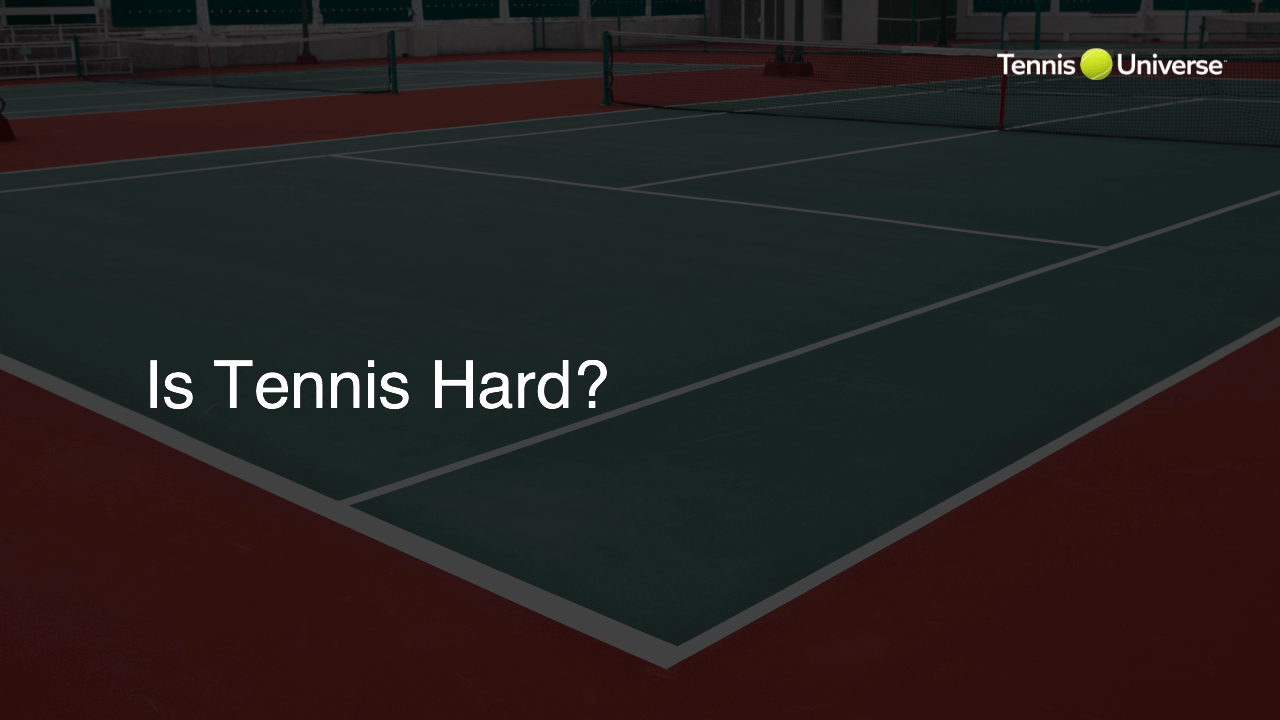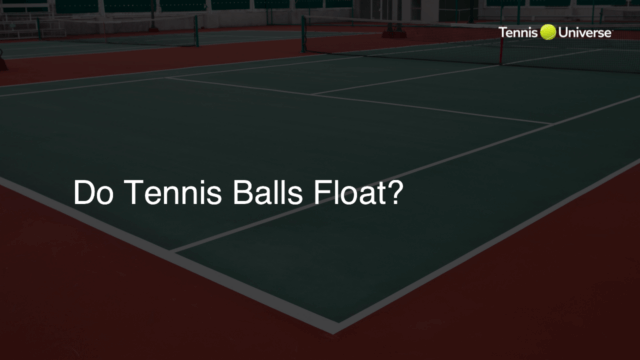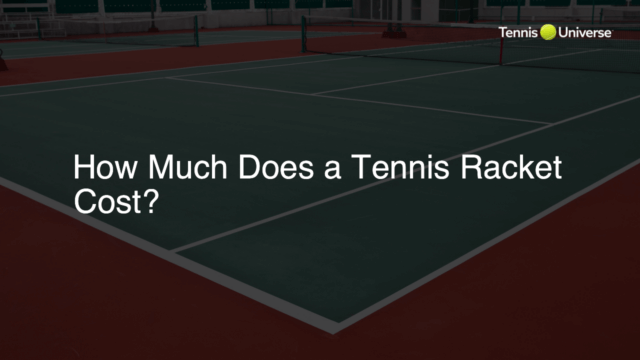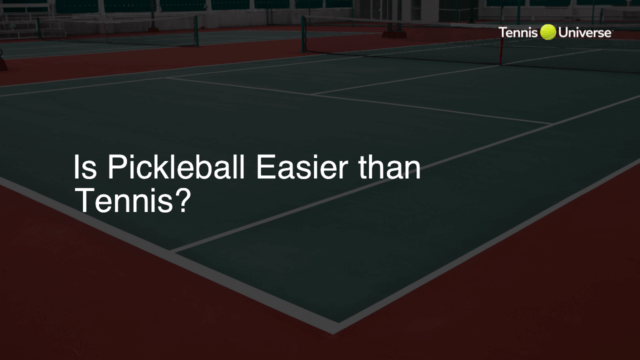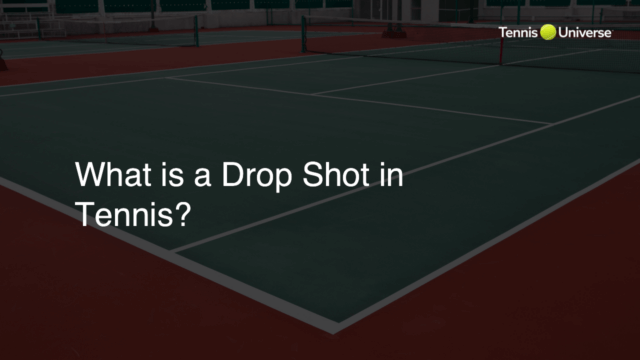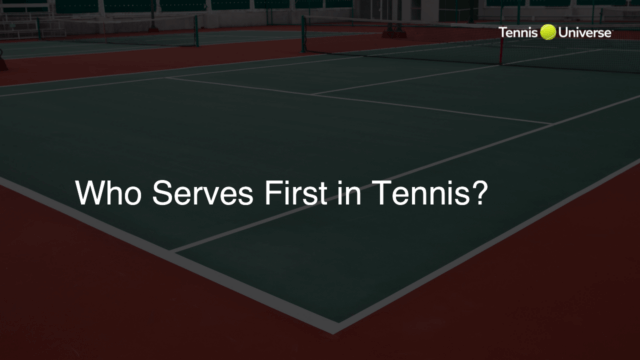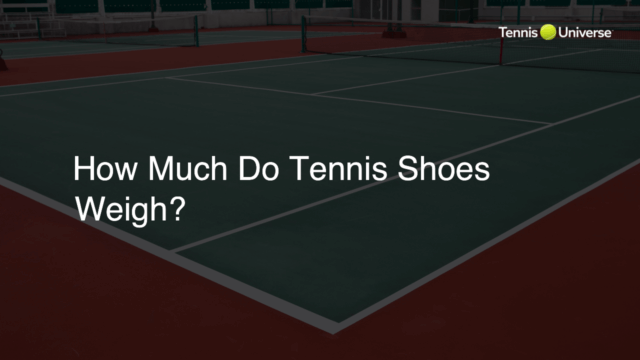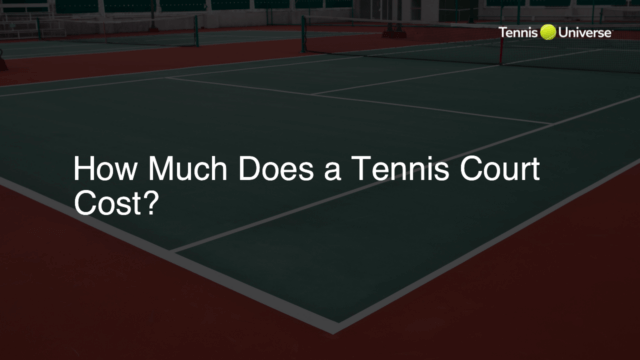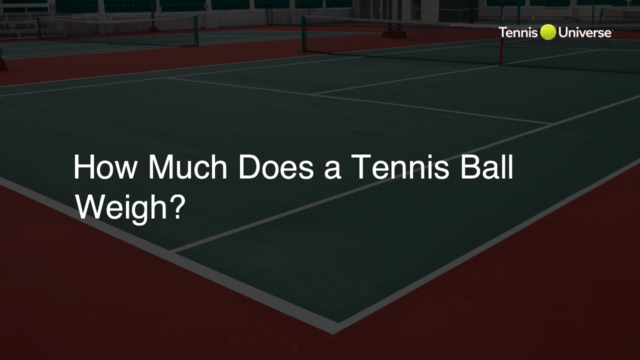Tennis can be considered both easy and hard depending on the individual’s skill level, physical ability, and experience. Beginners may find some aspects challenging as they learn proper techniques, but over time and with practice, it becomes more enjoyable and manageable for most players. Ultimately, the level of difficulty in tennis varies for each person.
Understanding Tennis Difficulty
Tennis can be considered both easy and hard depending on the individual’s skill level, physical ability, and experience. Beginners may find some aspects challenging as they learn proper techniques, but over time and with practice, it becomes more enjoyable and manageable for most players. Ultimately, the level of difficulty in tennis varies for each person.
Fundamental Elements
1. Movements and Footwork
One of the initial challenges faced by new players is mastering the footwork. Quick and proper movement is essential in tennis, as it enables players to maintain balance and be prepared for the incoming shots. Learning to make coordinated, efficient movements will make playing tennis easier.
2. Hand-eye Coordination
Tennis requires a substantial amount of hand-eye coordination to properly hit the ball and direct it towards the intended target. Developing this skill can be challenging, but through practice and drills, it becomes more natural and manageable.
Technical Aspects
1. Grips and Strokes
Using the correct grip is crucial for executing strokes with accuracy. A tennis racket’s grip can influence your forehand and backhand techniques. Understanding the different grips allows players to solidify their basics and make the game easier over time.
2. Serve and Volley
Every point in tennis starts with the serve, which makes it a crucial aspect of the game. Learning to serve consistently and with power can be difficult, but once mastered, it can significantly impact your success on the court. Similarly, the volley requires players to refine their touch, timing, and reflexes.
Tips to Make Tennis Easier
1. Choose the Right Tennis Racket
Selecting an appropriate tennis racket that suits your skill level, play style, and physique can enhance your overall performance and ease your learning curve.
2. Learn Proper Techniques
Invest time in learning the correct techniques for different strokes, grips, and movements. This will provide a strong foundation and make playing tennis less challenging over time.
3. Practice Consistently
Since practice is essential to enhancing skill in any sport, consistent training and commitment are vital to improve physical abilities, technique, and strategy in tennis.
Beyond the Basics: Strategy and Mental Aspects
As a player refines their technical skills, understanding strategy and mental preparation can transform their game and further address the question, “Is tennis hard?”. Developing the ability to anticipate opponents’ moves and selecting appropriate shots will contribute to increased confidence and success on the court.
Mental Strength in Tennis
Facing challenges and adversity in tennis is a part of any player’s experience. Mental strength and resilience play a crucial role in handling pressure situations, dealing with losses, and maintaining focus during matches. Practicing meditation, visualization, and other mental training techniques can support players in overcoming the mental challenges that come with playing tennis.
Tennis Tips and Drills
One of the most effective ways to improve in tennis is through consistent training and drills that target specific skills. Participating in group or individual lessons, joining local tennis clubs, or searching for tennis tips and drills online can aid in a player’s development. Watching professional matches and analyzing their techniques can also provide valuable insights into the game and inspire players to improve their skills.
Physical Conditioning
Physical fitness is an essential aspect of tennis, as it directly influences a player’s speed, power, endurance, and injury prevention. A well-rounded training regimen that includes strength training, cardiovascular exercises, and flexibility work will support players in performing at their best and make tennis feel easier in the long run.
Conclusion
In conclusion, playing tennis can range from easy to challenging depending on an individual’s skill level, physical abilities, mental strength, and experience. Utilizing tennis tips and resources, working on fundamentals, practicing consistently, and focusing on strategic and mental aspects of the game can significantly impact a player’s perception of the sport’s difficulty. Ultimately, as a player progresses, their experience, knowledge, and skills will contribute to making tennis a more enjoyable and manageable sport.
FAQ Section
In this FAQ section, we address some common questions related to the difficulty of tennis and how to overcome certain challenges. Find below concise answers to help further your understanding and improve your experience on the court.
What is the most challenging aspect for beginners in tennis?
For beginners, footwork and hand-eye coordination are often the most challenging aspects of tennis. However, consistent practice and learning proper techniques can significantly help overcome these initial challenges.
How do I choose the right tennis racket for my skill level?
Select a tennis racket based on your experience, physique, and play style. Beginners should opt for a lightweight racket with a larger head size for more power and a more forgiving sweet spot, while advanced players may prefer rackets that offer more control and precision.
How can I improve my serve in tennis?
Work on a consistent ball toss, proper stance, and body coordination during the serve motion. Focus on generating power from the legs and core, while maintaining control and accuracy. Drills and coaching can significantly help improve your serve over time.
What aspects of mental training can benefit my tennis game?
Visualization techniques, meditation, and maintaining a positive attitude can boost your mental strength in tennis. These practices help players cope with pressure during matches, enhance focus, and develop resilience when facing adversity on the court.
What type of physical conditioning is most beneficial for tennis?
A well-rounded physical conditioning program should include strength training, cardiovascular exercises, and flexibility work. This combination will enhance speed, power, endurance, and injury prevention, making tennis more manageable and enjoyable.

